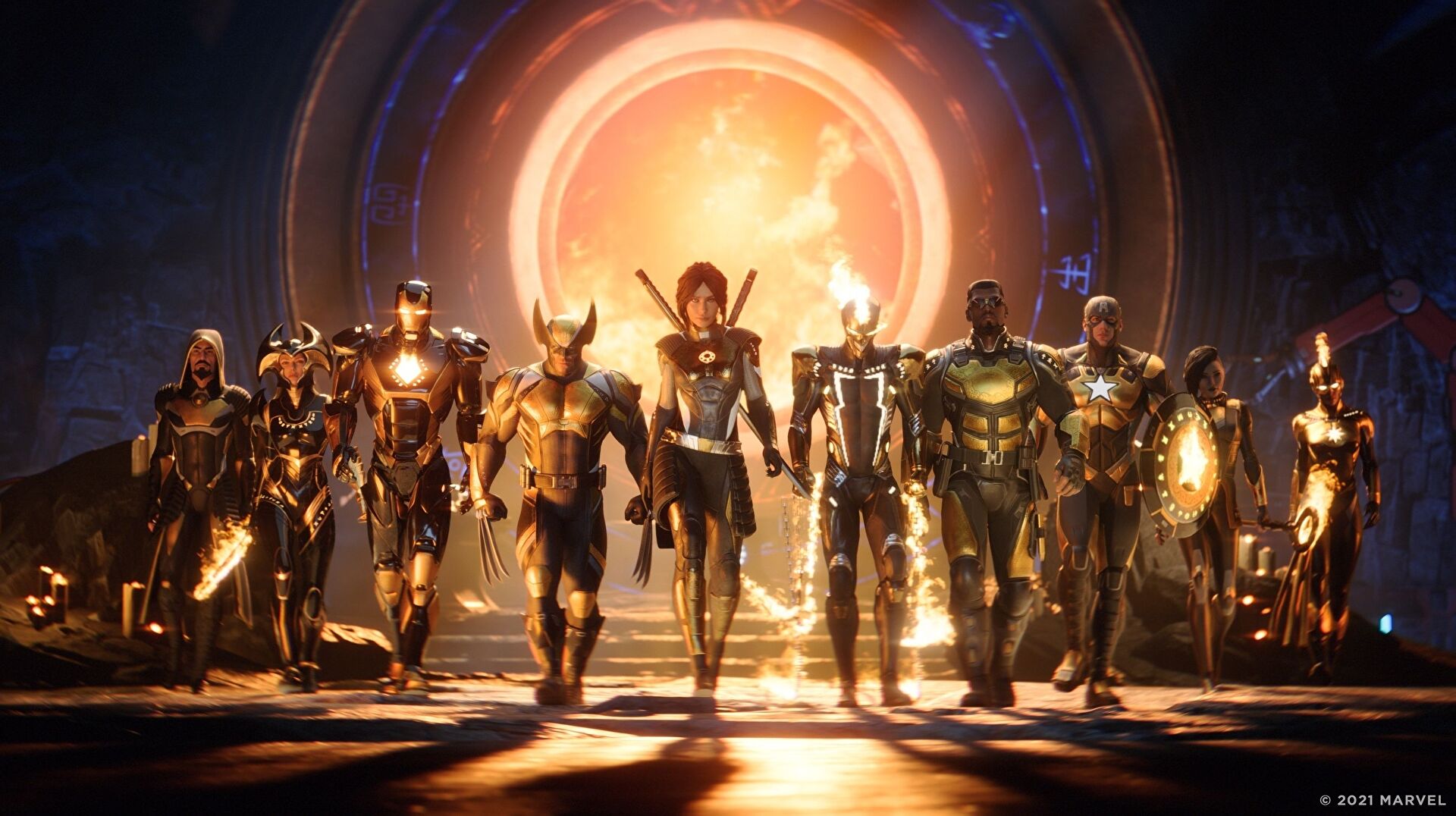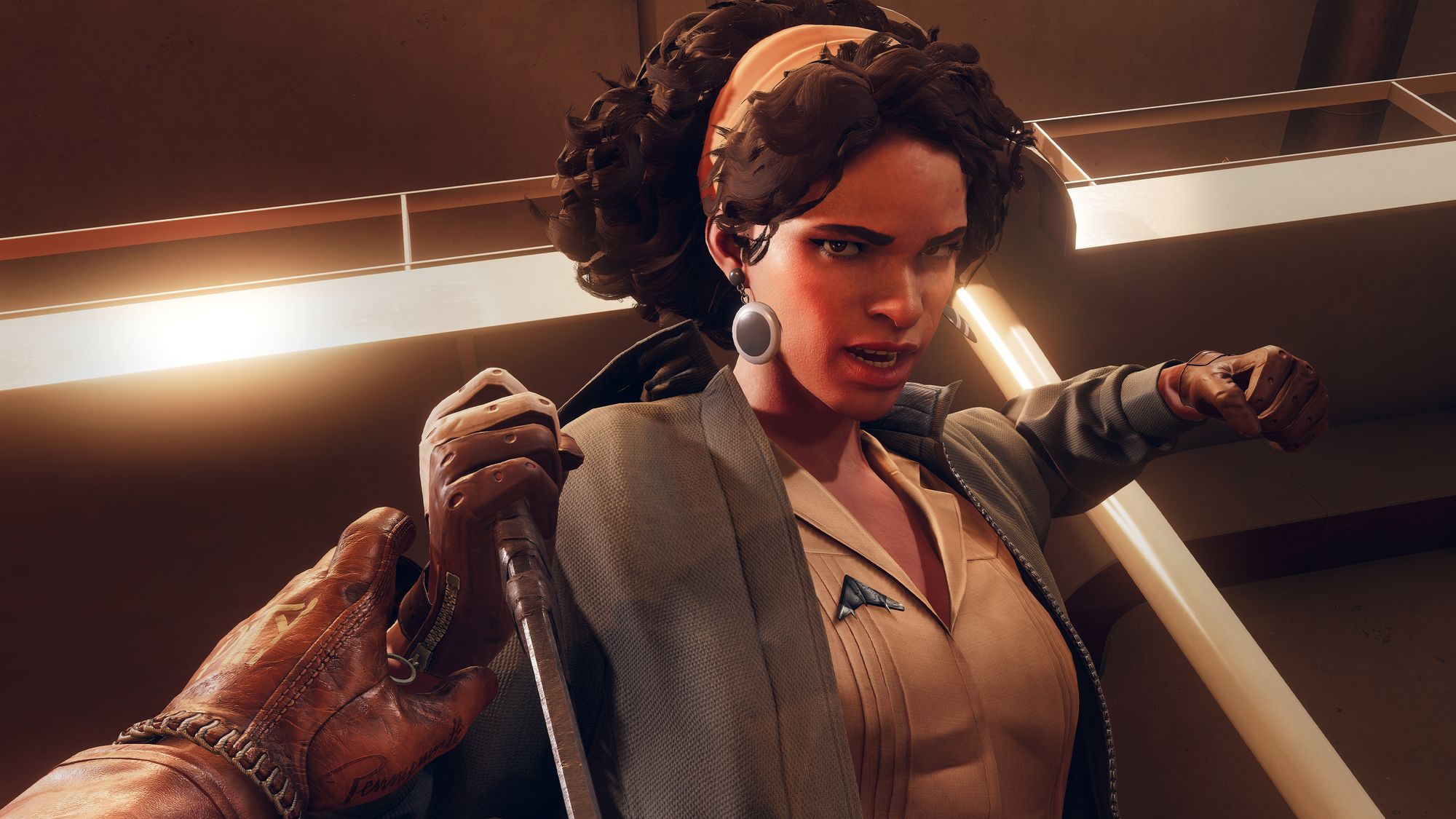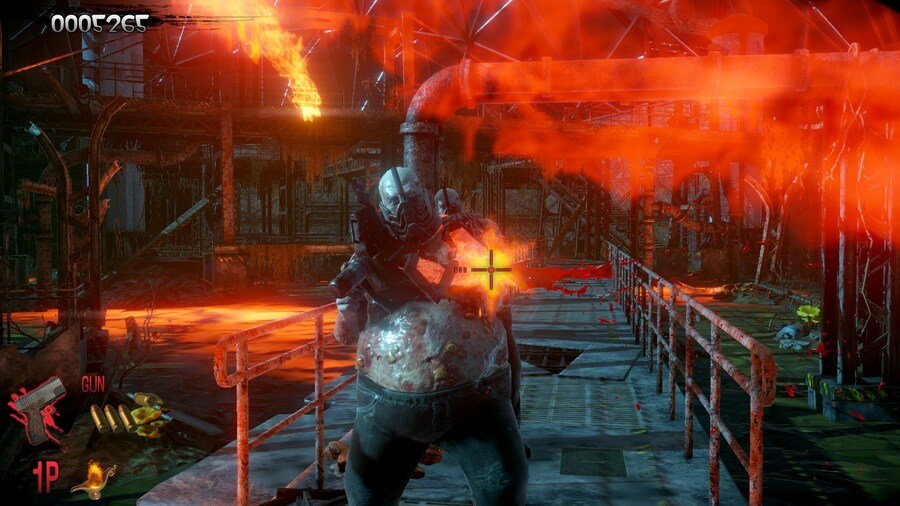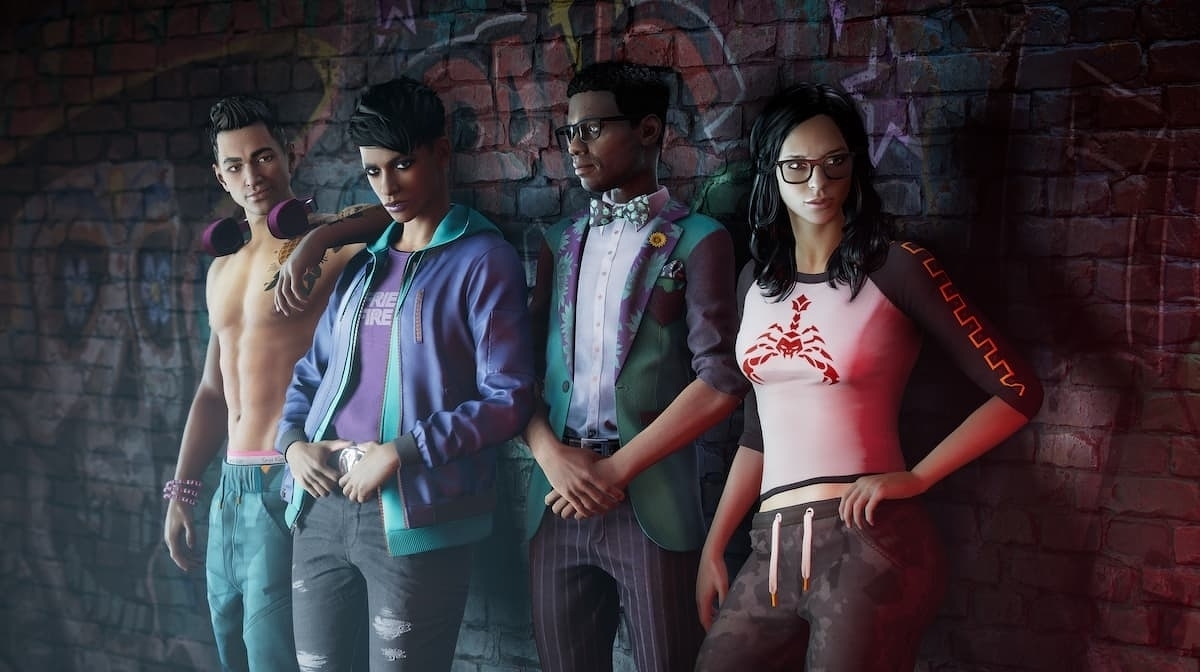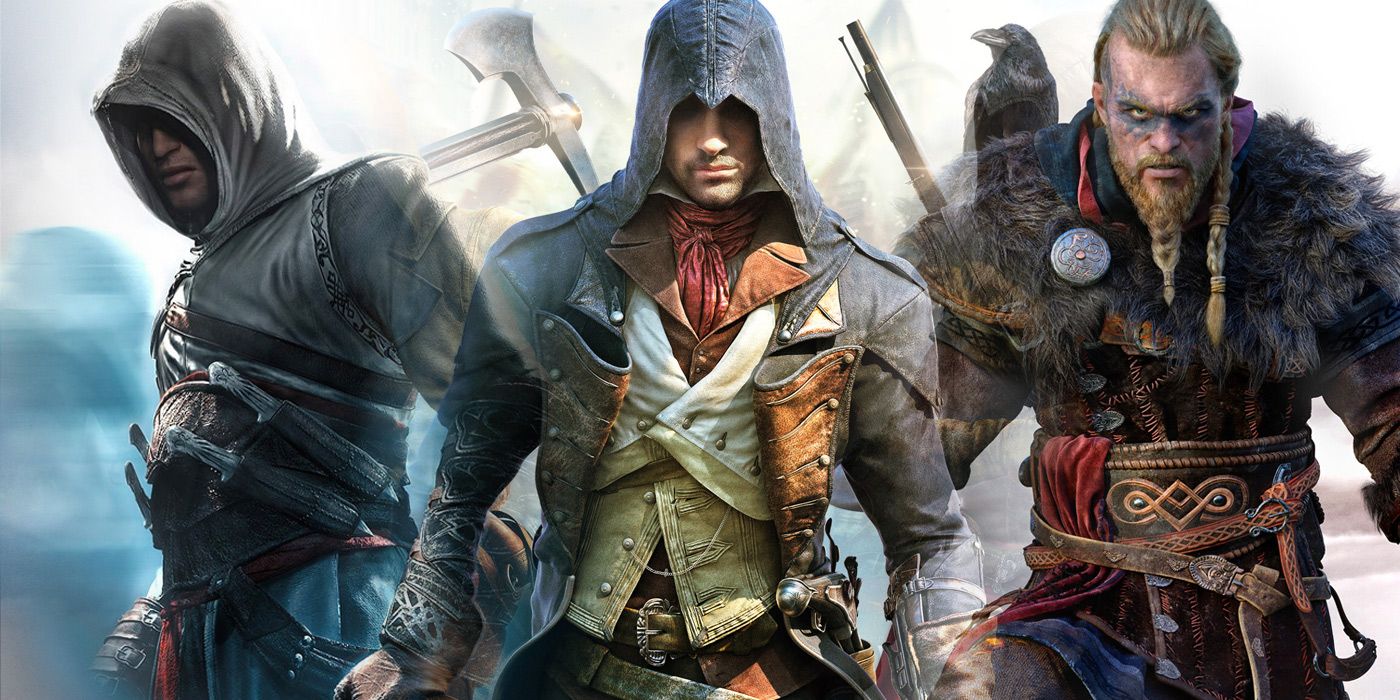
Since the franchise's genesis in 2007, Assassin's Creed has become one of the most popular and active video game series in recent memory. Spanning twelve main games, Assassin's Creed has made full use of a diverse mix of time periods and locales to keep the series fresh.
RELATED: Mistakes Everyone Makes While Playing Assassin's Creed Valhalla
While Assassin's Creed has been wildly recognized for its gameplay mechanics and detailed storyline, the series is still misunderstood in many respects. Die-hard fans are likely to see past these misconceptions, but to those unfamiliar with the franchise, these misguided ideas can leave the wrong impression.
Every Game Is Exactly Alike
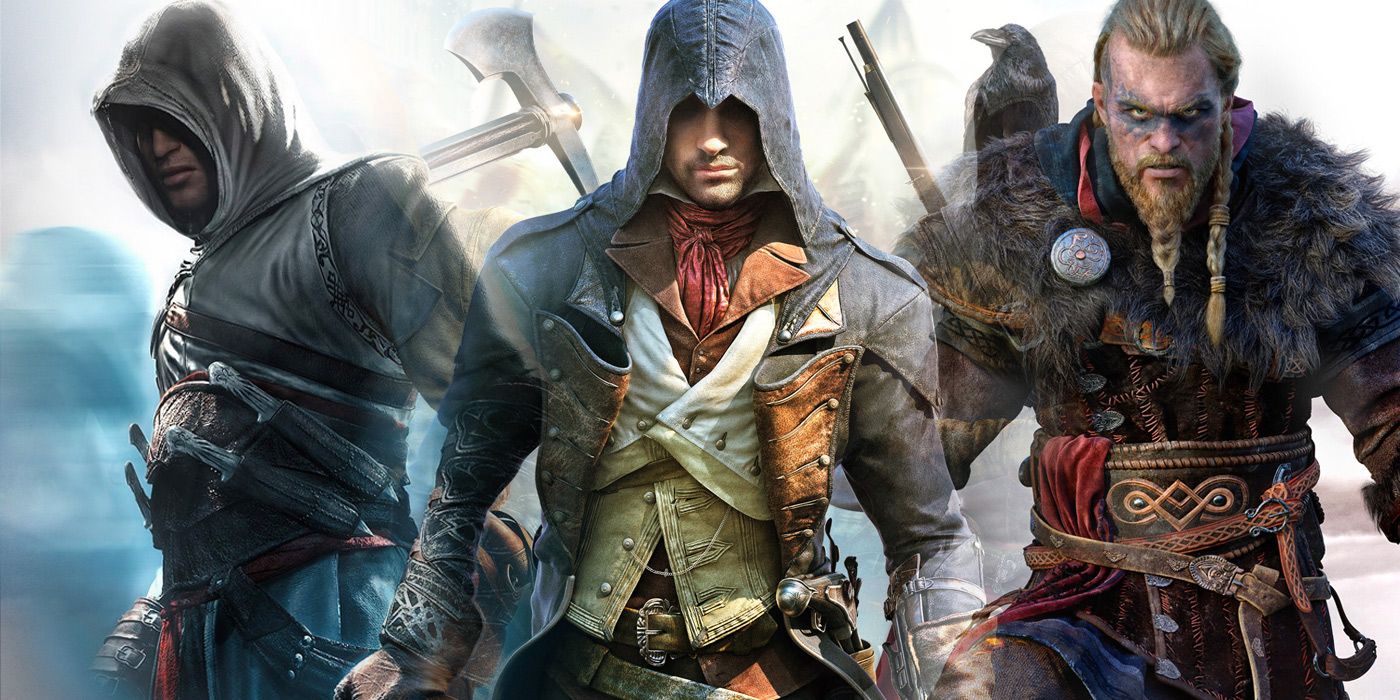
Assassin's Creed is a common target for gamers to accuse of being "cookie-cutter" – meaning that every game in the series is almost the same game with little to no changes in gameplay from previous entries.
Naturally, there are similarities between the games with mission tropes and characterizations, but it is unfair to say every game is the same. Newer games have made an effort to introduce RPG mechanics and unique features. Assassin's Creed Odyssey and Assassin's Creed Valhalla were both praised for these shifts.
The Spin-Offs Are Bad

It isn't uncommon for the spin-offs in a series to get a lot of hate from fans, they often change up the predominant style of gameplay and avoid continuing the main story of the franchise. Assassin's Creed has many spin-offs, some certainly more memorable than others.
RELATED: Ranking Every Assassin's Creed Game
Yet, they each bring something unique to the table and can be exceptionally fun to play as well. They might not all be the same third-person stealth/roof-jumping action game, but that's perfectly okay.
They Can Be Played Out Of Order
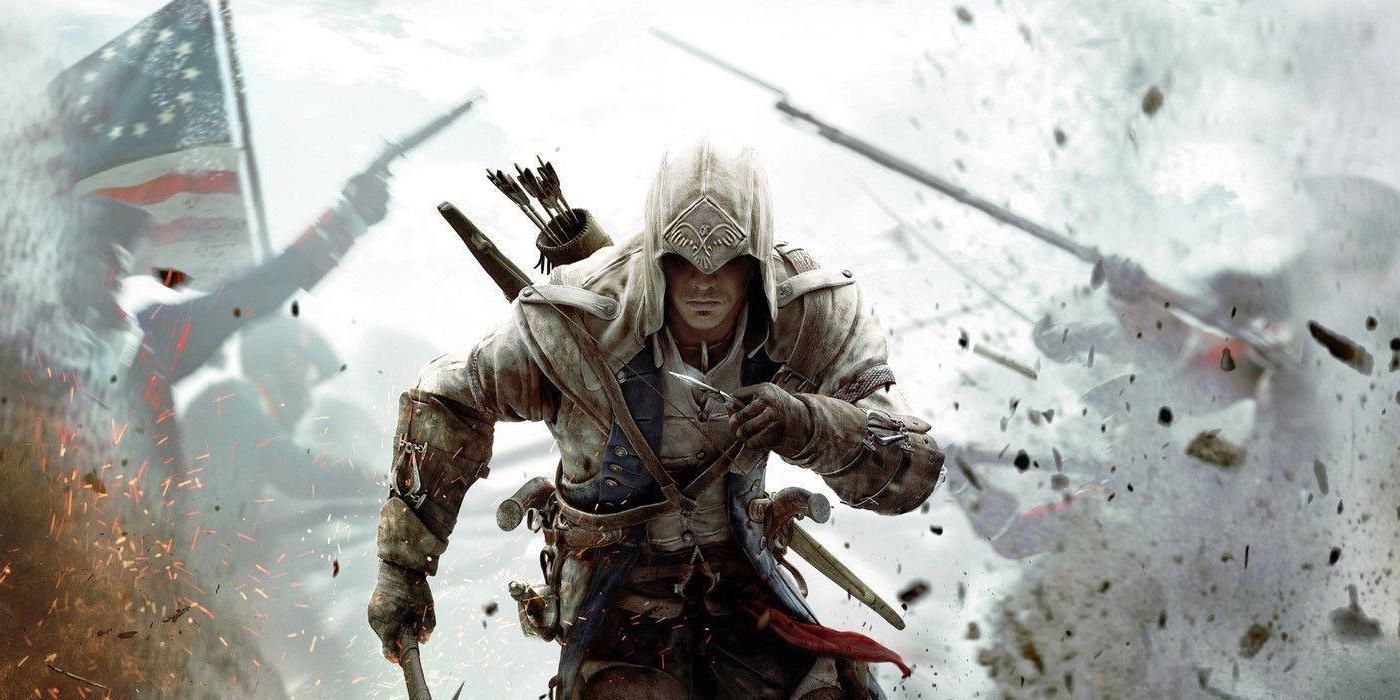
Unlike many other big-name video game franchises, Assassin's Creed has a continuous story that threads all the games together. Players will likely be able to comprehend the events of previous games even if they jump into a random later entry, but it is of course best to start with the first game and move forward from there.
The constant time period jumping can be a bit confusing if players don't even know what is going on in the present world of Desmond and the assassins.
They Are Historically Inaccurate
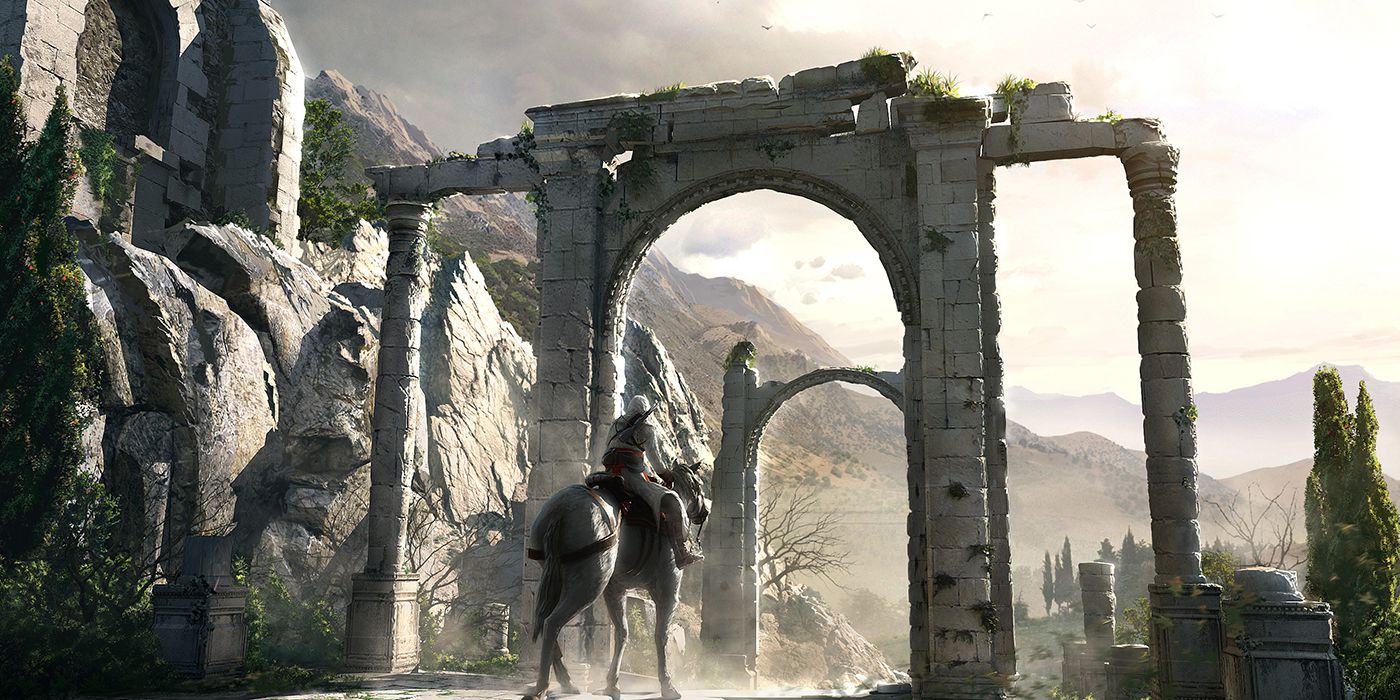
It is easy to look at a video game franchise like Assassin's Creed and write it off as an inaccurate mess of loose facts and historical figures. Indeed the developers and writers have taken a lot of artistic liberties with regards to history, considering the game revolves around secret societies and ancient civilizations.
But there is still a lot of research that goes into presenting a somewhat realistic setting. The games encourage players to read about famous buildings and historical figures in the notes, even if the actual gameplay requires players to jump off said buildings and assassinate said historical figures.
The Games Are Buggy
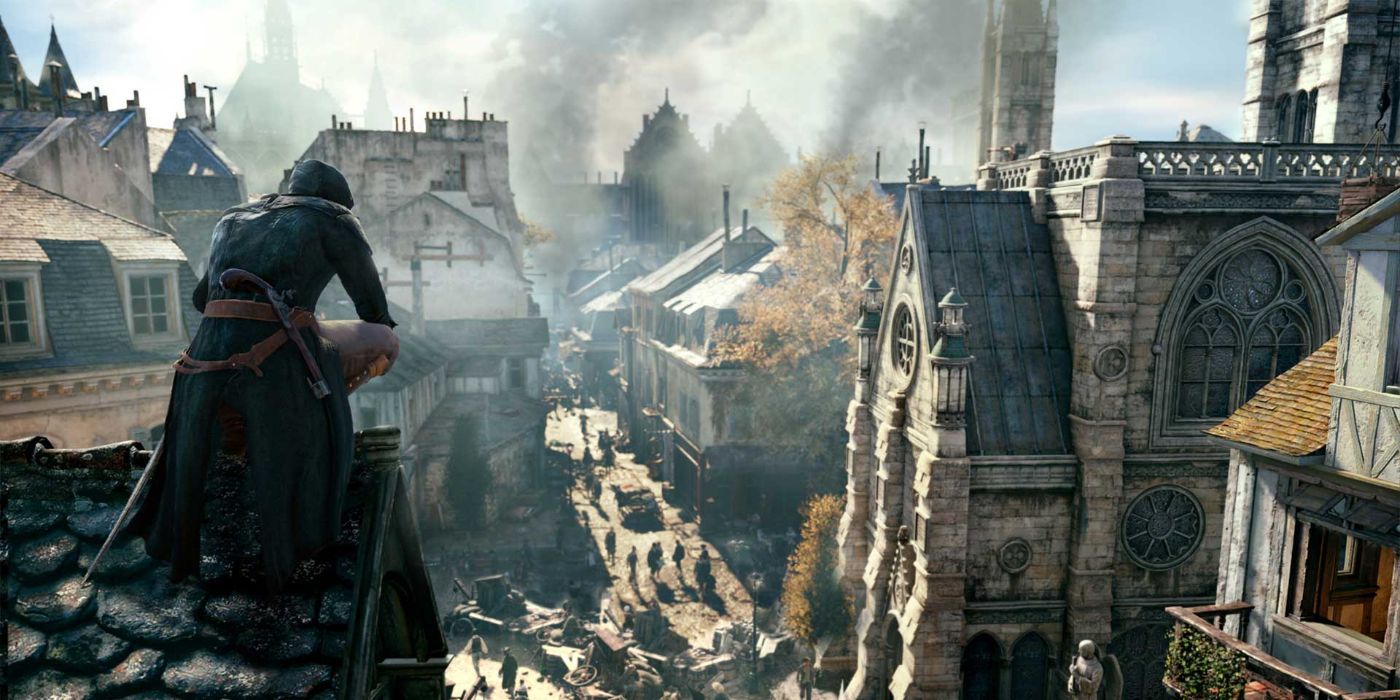
Open-world games are always going to have some bugs in them, with so much happening on-screen it is hard to avoid it. The Assassin's Creed series has been the focus of some angry fans in the past, due largely to glitchy releases (Assassin's Creed Unity) that left fans confused and upset.
These early hiccups placed the series in the crosshairs of angry gamers, but Ubisoft has since corrected technical issues and made sure not to repeat their same mistakes twice.
The Games Are Too Easy
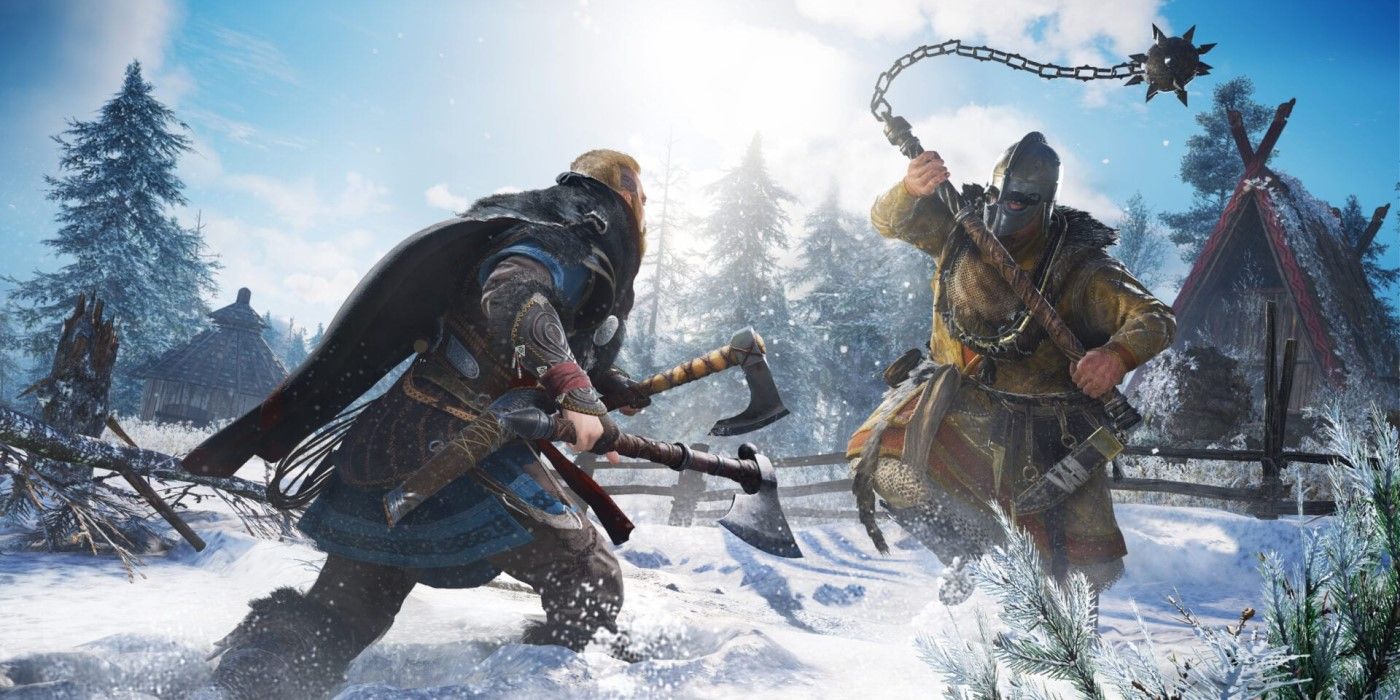
Given that many of the game's in the Assassin's Creed franchise have common elements in them, gamers often assume that after beating one AC game they are all guaranteed to be a walk in the park.
While the exposition and tutorial areas of Assassin's Creed do tend to linger longer than other game series, they can be anything but easy as they progress. The stealth can be incredibly tricky to time, fighting gets more intricate, and the buildings get infuriatingly tough to climb.
There Are No Memorable Characters
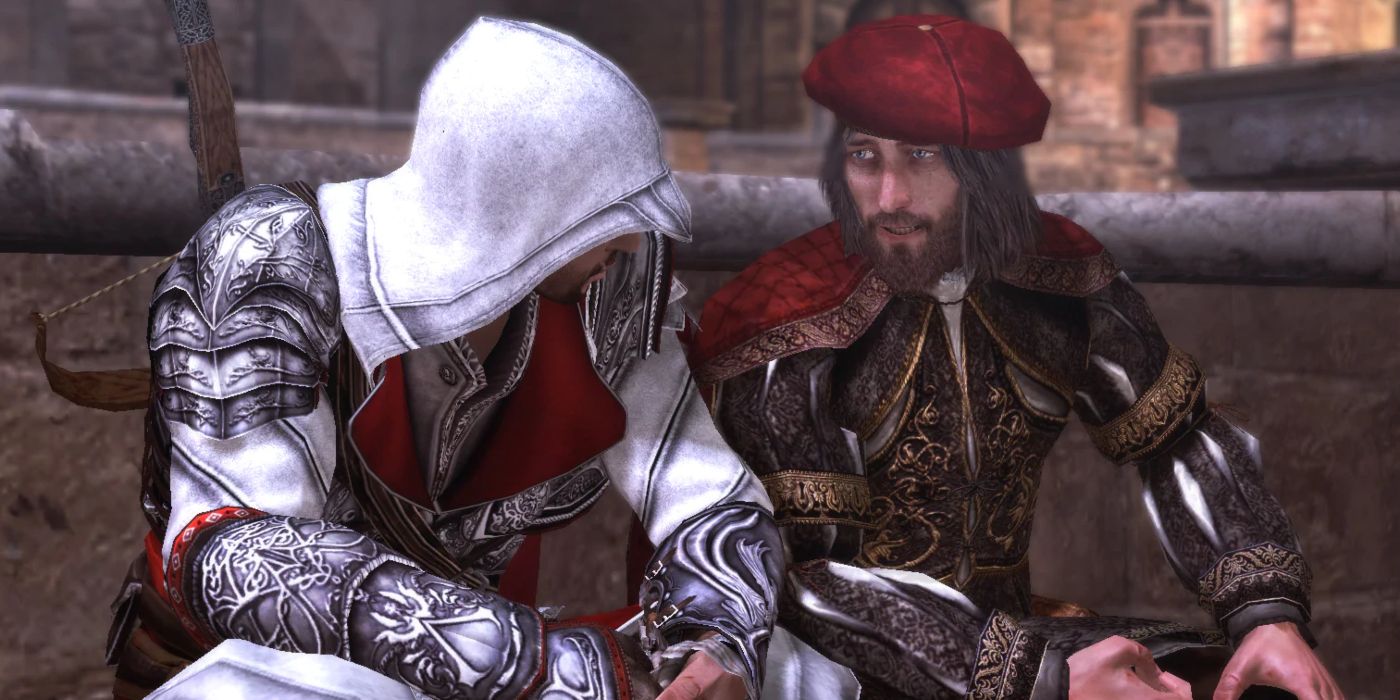
Assassin's Creed is unusual in that the playable characters typically switch from game to game. This has led to assumptions that the series lacks enduring characters with little to no staying power.
RELATED: Which Assassin's Creed Protagonist Are You Based On Your Zodiac Sign
It's true the central characters shift around almost every game, but the series has also produced iconic folks such as Ezio Auditore da Firenze, Edward Kenway, and Al Mualim, not to mention the countless historical figures that Assassin's Creed gave a modern makeup to.
The Weapons All Feel The Same
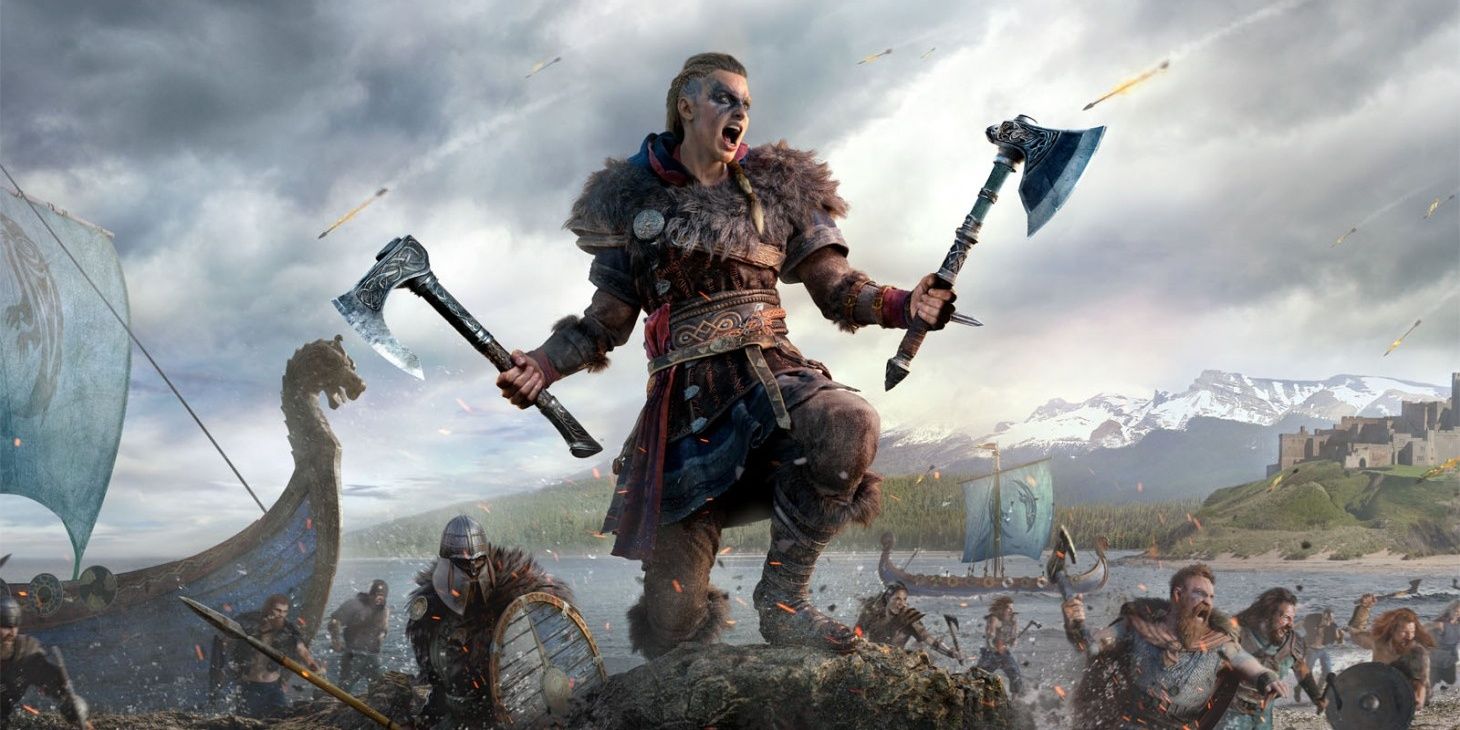
With so many blades and axes, the weapons of the Assassin's Creed series get a bad rep for being too alike. Since every game's weapons are bound by the time period the game is set in, it can seem like all the weapons are similar in their damage and attacks.
But, recent games in the series have aimed to improve these mechanics and establish more variety in weapon types and upgrades.
Ezio Is The Central Character
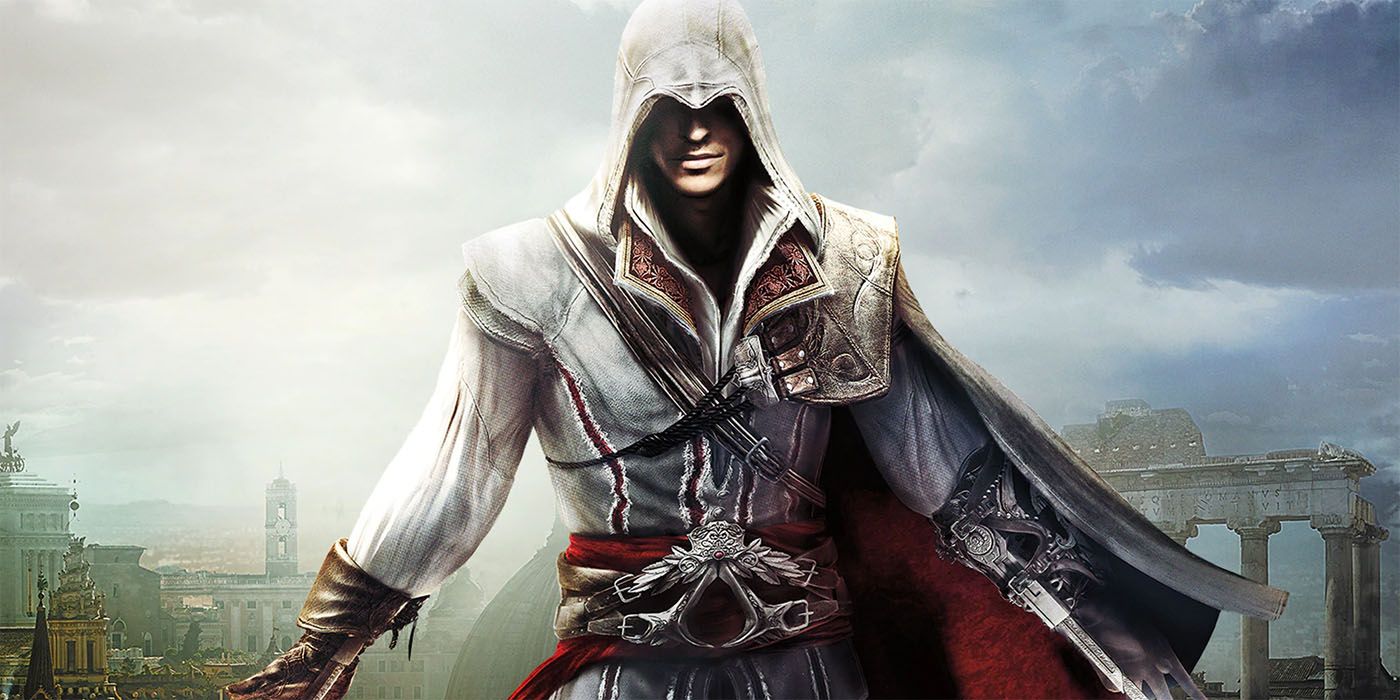
It should come as no surprise that many fans come into Assassin's Creed expecting Ezio to be the central focus of the series.
While he was the big cheese of three games in the series, the role has been passed on from assassin to assassin with subsequent releases.
The Multiplayer Is Skippable
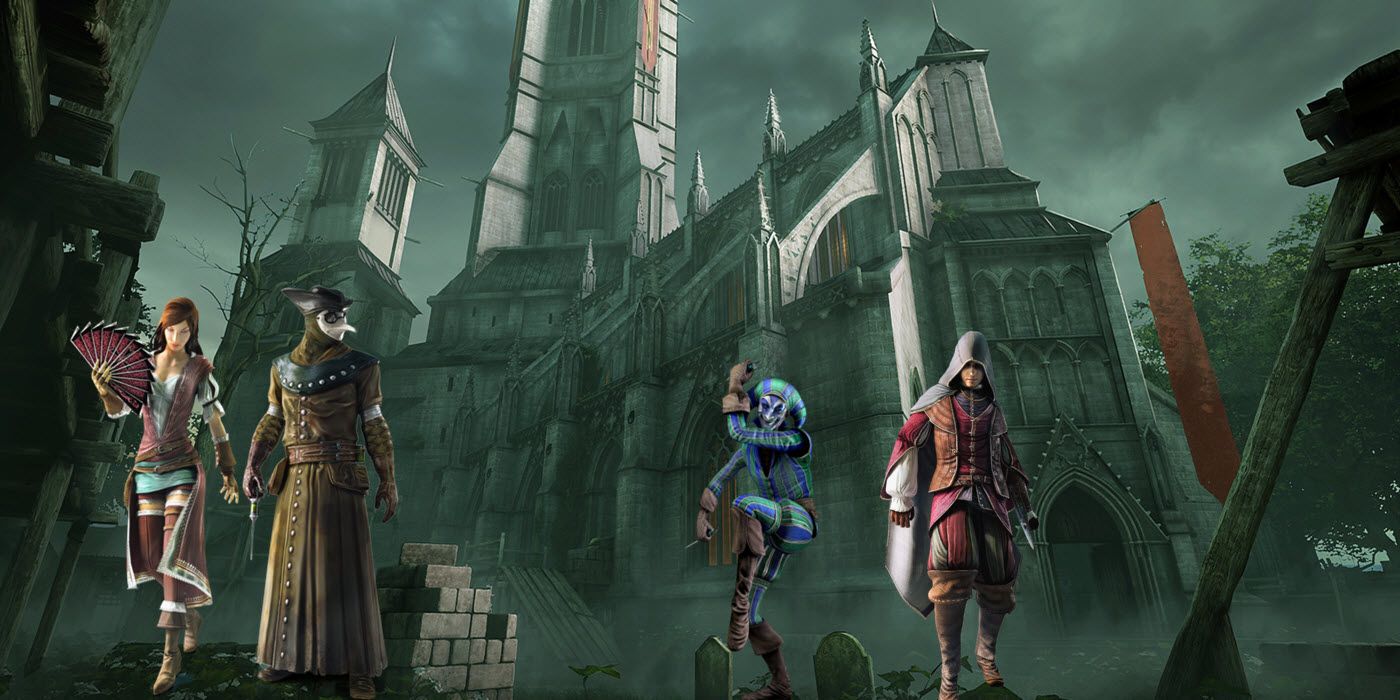
The campaign may take the central focus of the games, but the multiplayer feature is nothing to be scoffed at. The addicting game modes make assassinating other players all the more rewarding.
Unique assassin and templar characters ensure that the gameplay is always changing. Stealth is a huge focus of the multiplayer feature and is as gratifying as it is difficult.
NEXT: Open-World Games As Breathtaking As Assassin's Creed Valhalla
